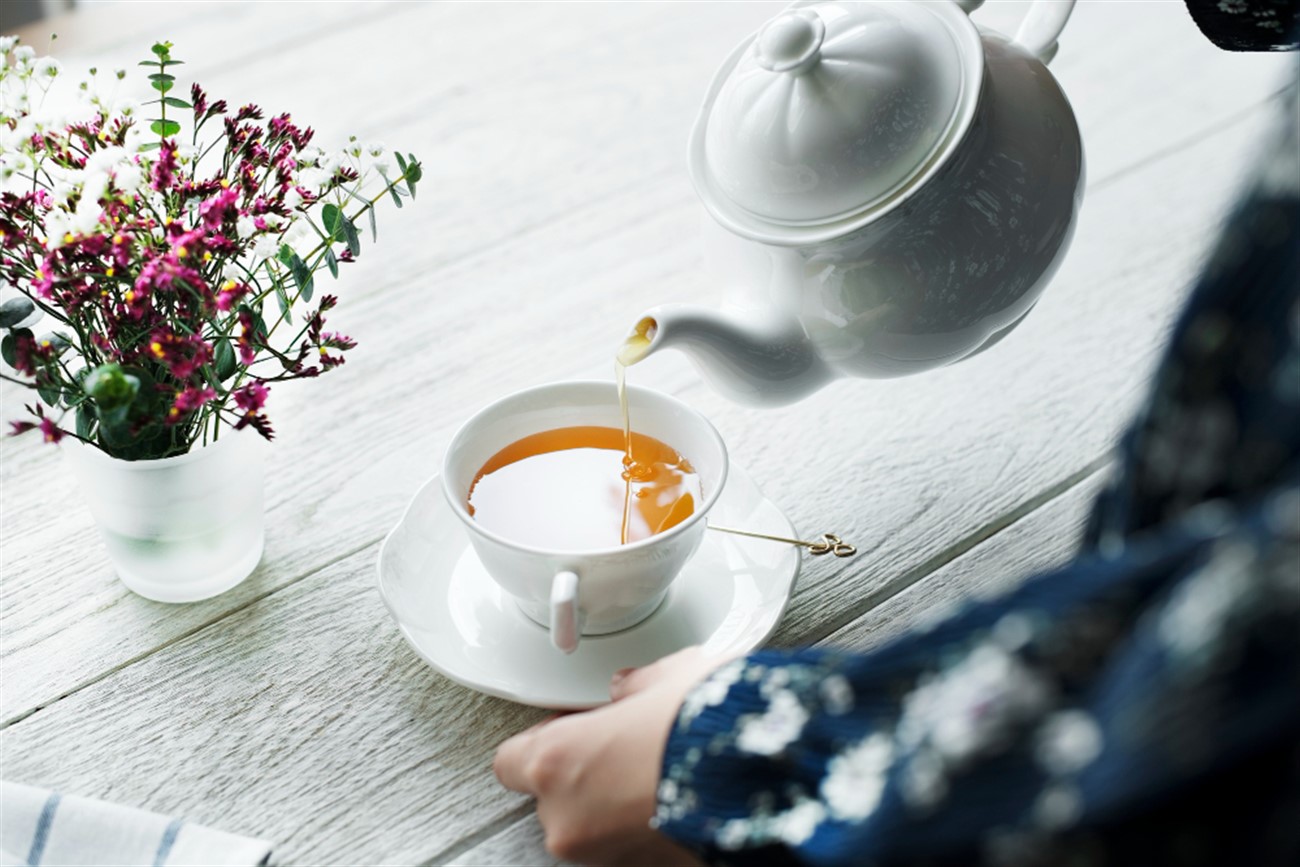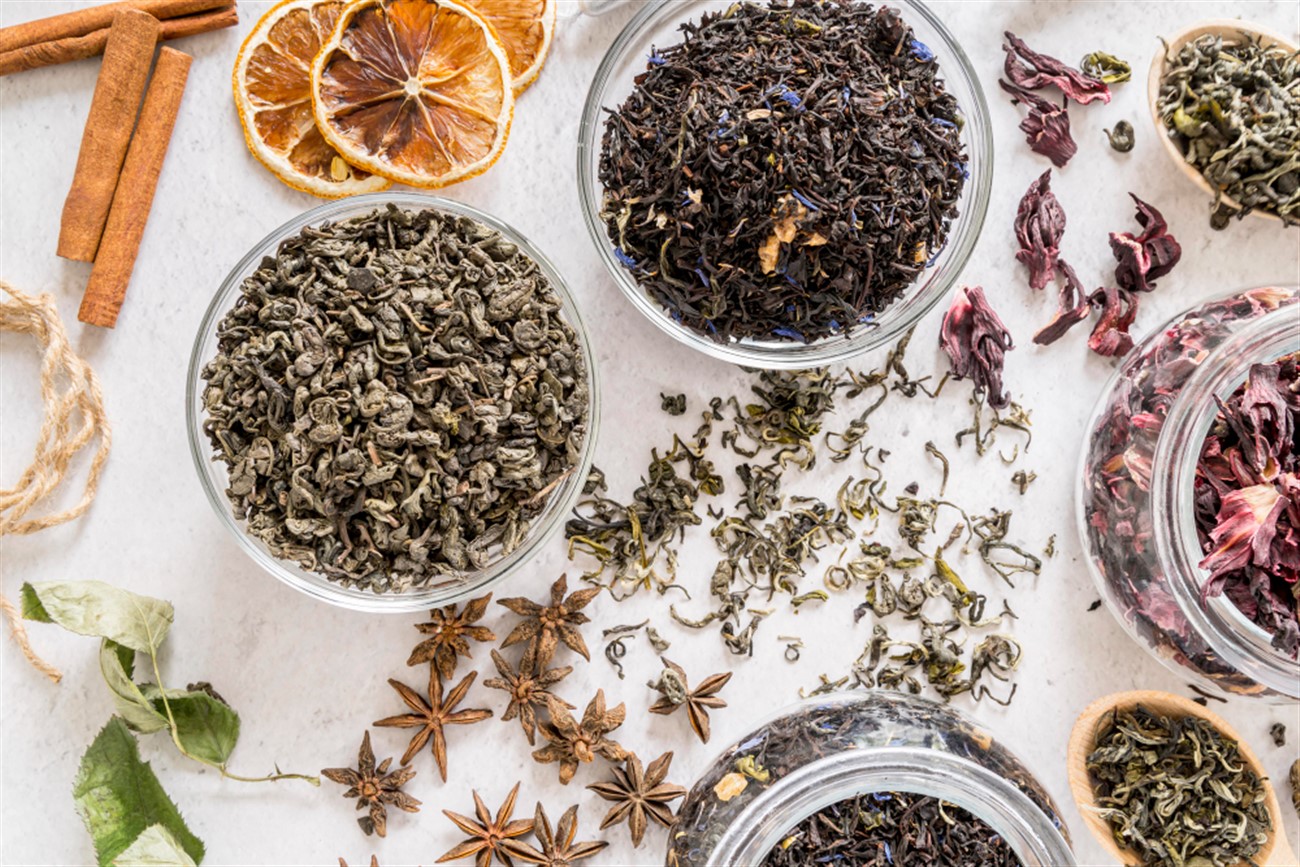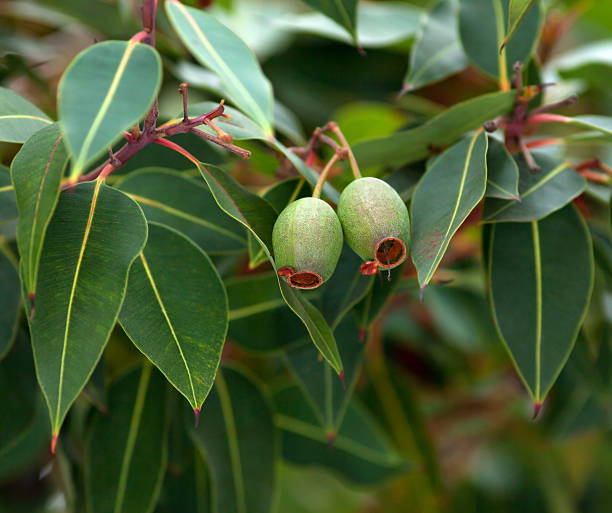Health benefits of drinking tea: types and curiosities
Tea is a drink prepared with boiling water by the infusion method with plant leaves, flowers, roots, and fruits. Five thousand years ago, the Chinese Emperor Shen Nung was drinking a cup of warm water, and a leaf brought by the wind fell into the cup, changing the colour of the water. Upon tasting, he found that the water, and from that date on this knowledge was adopted and disseminated as a very useful practice.
We can find many teas, but each country and each region has its specificity, according to its habits and customs. Teas are used for various purposes, from accompanying the meal as Asians do, or the English who drink it with milk.
Worldwide, the most popular teas are black tea, green tea and mate tea due to their strong use in South America, particularly in Brazil. Most people know the medicinal power of plants and use teas to prevent and treat diseases. Learn the importance of drinking tea and its main benefits. Good reading!
.jpg)
Types of Useful Teas
Rosemary Tea – Indicated for tiredness, depression, anxiety, gout, rheumatism, digestion, fluid retention, blood circulation, excessive oiliness in the hair and glycemic control.
Lavender Tea – Indicated for insomnia, nervous excitement, anxiety, fever, hypertension, headaches, asthma, cough, bronchitis, a bad mood and strengthening or low immunity.
Artichoke Tea – Indicated for liver diseases, diabetes, psoriasis, eczema, anaemia, bad cholesterol, fluid retention, weight loss, sagging skin and constipation.
Liquorice Root Tea – Indicated for cough, liver diseases, fungi, glycemic, malaria, strengthening or low immunity, catarrh, allergies, inflammatory diseases and cholesterol.
Boldo Tea – Indicated for digestion, bile, gastrointestinal gases, liver diseases, spleen diseases, gout, bronchitis, flu, and colds.
Chamomile Tea – Indicated for heartburn, indisposition, digestion, gastritis, gastrointestinal gas, menstrual cramps, blood circulation, anxiety, stress, blood glucose and muscle tension.
Lemon Balm Tea – Indicated for anxiety, stress, indisposition, digestion, heartburn, headaches, muscle tension, gastrointestinal gas, menstrual cramps, fluid retention, concentration and bad mood.
Eucalyptus Tea – Indicated for respiratory infections, immunity, indisposition, immunity, breath, gingivitis, flu, cold, diabetes, acne, and fever.
Ginger Tea – Indicated for diabetes, weight loss, digestion, gastrointestinal gases, muscle inflammation, rheumatism, flu, blood pressure and respiratory problems.

Curiosities of 4 Useful Teas
Artichoke Tea
In folk medicine, consuming artichoke is indicated for difficult digestion and gastrointestinal gas. It can thus act as a digestive tonic that will improve the functioning of the gallbladder and increase the flow of bile. Some studies point out that this tea can promote the reduction of bad cholesterol (LDL). Even in the prevention of diabetes and the weight loss process.
Artichokes belong to the Compositae family, which comprises about 920 genera with an approximate value of 19,000 species. This species comes from the Mediterranean, where its cultivation is done by seeds and spread in the world for medicinal and food purposes.
Chamomile Tea
Sacred in German and Egyptian cultures, chamomile is a herbaceous plant in the Asteraceae family. "Matricaria Recutita" is rich in anti-inflammatory, antibacterial, antiseptic, healing and analgesic properties. The most common name is "German Chamomile" due to the admiration of these people for this plant. It is used for gastrointestinal inflammations, colic, indigestion, morning sickness, fever, headaches and stomachaches. Externally, it can contribute to the relief and treatment of eczema.
Chamomile tea is a good choice for children under six years who suffer from hyperactivity and excessive nervousness. Chamomile can also regulate sleep, alleviate symptoms of mild diarrhea and strengthen the immune system. In most cases, it is used as an intestinal tonic.

Lemon Balm Tea
Lemon balm is a plant native to Western Asia and the Eastern Mediterranean. Currently, it is in Europe that Lemon balm cultivation is predominant due to the multiple regions with temperate climates. It was discovered that Lemon balm was a great ally in honey production due to its influence on hive productivity. To this end, honey producers rubbed the leaves of Lemon balm inside the hives to promote an increased honey production. Also, they cultivated Lemon balm to increase pollination and assist in locating the hives.
Lemon balm is considered a natural soothing and antioxidant solution that can be beneficial in treatment of menstrual cramps, insomnia, and even stomachaches and headaches. In addition to being able to act against bacteria, it can promote the reduction of anxiety and stress, leaving you in a better mood, calm and free from muscle tensions. It may also contribute to the reduction of gastrointestinal gas.
Because it contains a high quantity of vitamins and minerals, it can help to strengthen the body's immunity. For cases of insomnia, it is advisable to drink this tea for about 30 minutes before going to bed due to its influence on the body's energy.
Eucalyptus Tea
According to scientific predictions, eucalyptus originated around 35 to 50 million years ago, reproducing on a large scale in the Southern Hemisphere. However, eucalyptus could have been inhabiting the Earth for over 200 million years. It is believed that the first eucalyptus production started in Oceania, more specifically, in Australia. From 1510 to 1520, eucalyptus was discovered on one of the voyages of the Portuguese Discoveries.
It was in the year 1642 that Abel Tasman (Dutch navigator and explorer) made the first records of eucalyptus in his diary along the coast of Tasmania. The first scientific description was give in 1788 through one of the expeditions commanded by Captain James Cook (English navigator and explorer). It will be in Oceania that around 99% of the 800 species of eucalyptus recognized in botany are concentrated.

Eucalyptus species "Eucalyptus globulus" reproduced in Portugal from 1829 onwards, being heavily used as an edible and construction material. The advantages of eucalyptus production range from its rapid growth to its straight and long branches.
Regarding its properties, eucalyptus leaves can act as an antiseptic, anti-inflammatory, antioxidant, antimicrobial and antispasmodic. The consumption of eucalyptus tea can contribute to the reinforcement of your defenses, thus helping to relieve the symptoms caused by flu and colds. It can also contribute to lowering blood glucose and cleaning the scalp when applied externally to the hair.
Despite the benefits of medicinal plants, their use must be careful, and all precautions do to be analyzed due to the possibility of adverse reactions. Until the next article!
Try it and tell us your experience!
Chás do Mundo
"A Somantis, Unip. Lda é uma empresa fundada em 2005 e que atua no ramo alimentar, com especial incidência na importação e exportação de chás, plantas medicinais, acessórios, especiarias e produtos biológicos diversos. A nossa empresa faz-se representar pela marca "Chás do Mundo ®" que apresenta uma vasta gama de chás de elevada qualidade, onde conta com mais de 2000 variedades disponíveis, entre chás ortodoxos ou blends de diversas tipologias como o chá verde, chá branco, chá preto, chá vermelho, chá oolong, rooibos, plantas medicinais, tisanas, misturas de frutas, chás em saquetas simples, biológicos e de comércio justo."